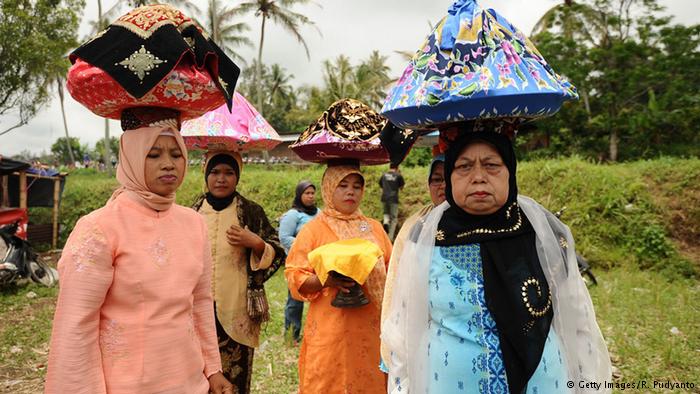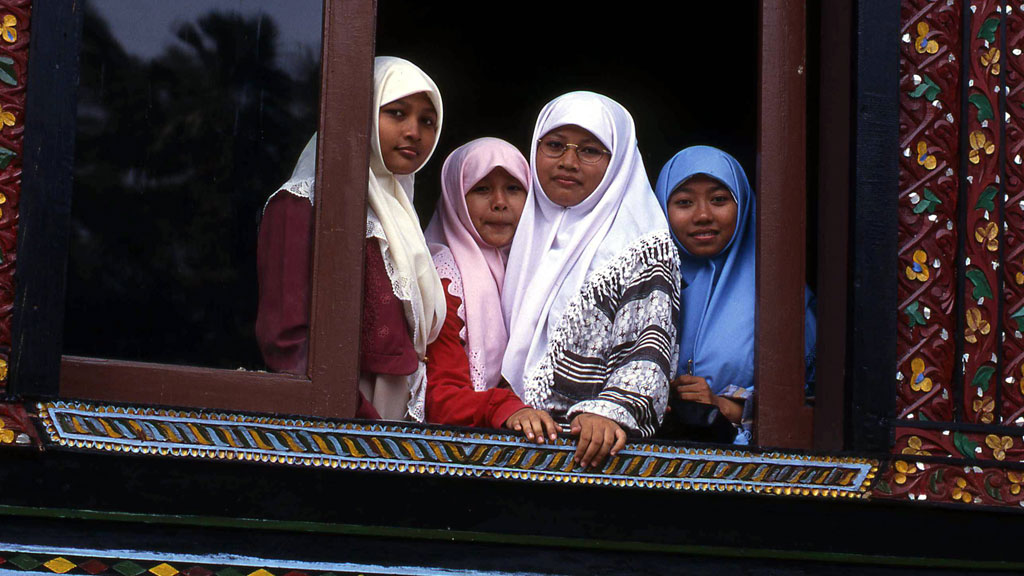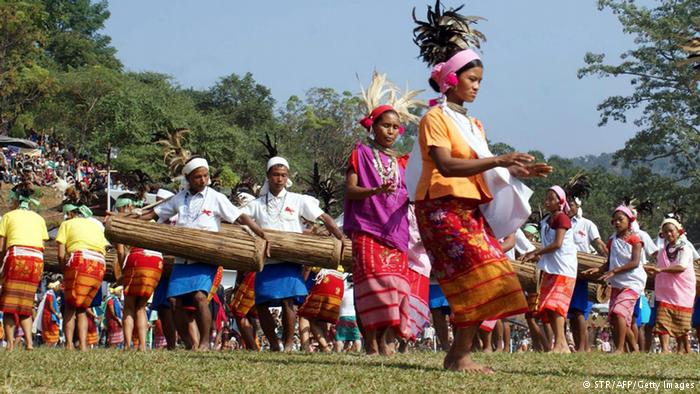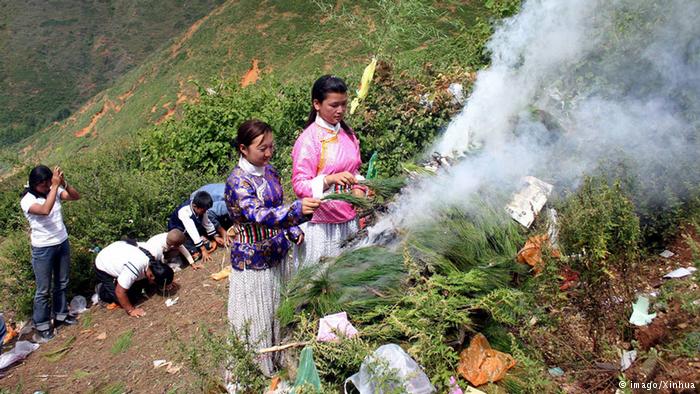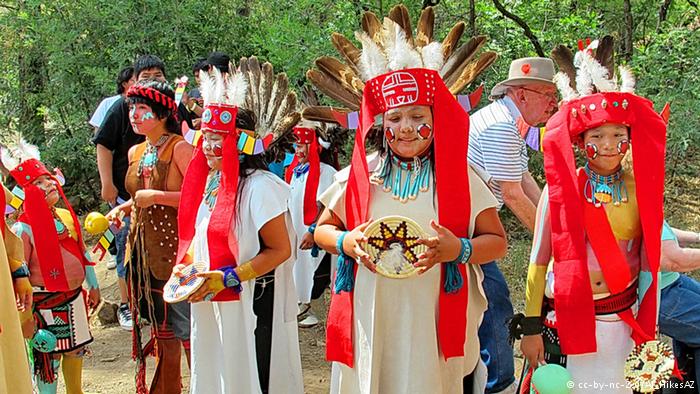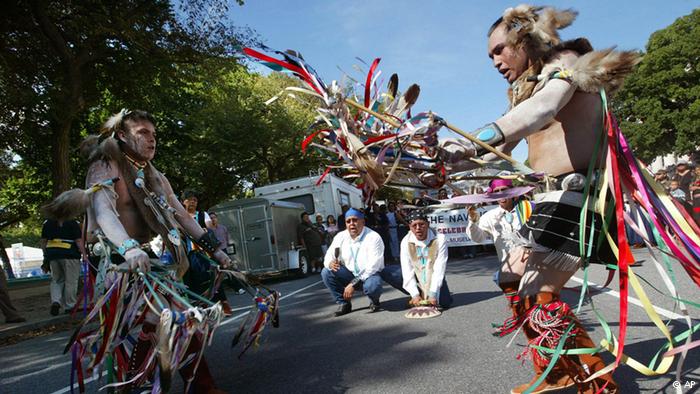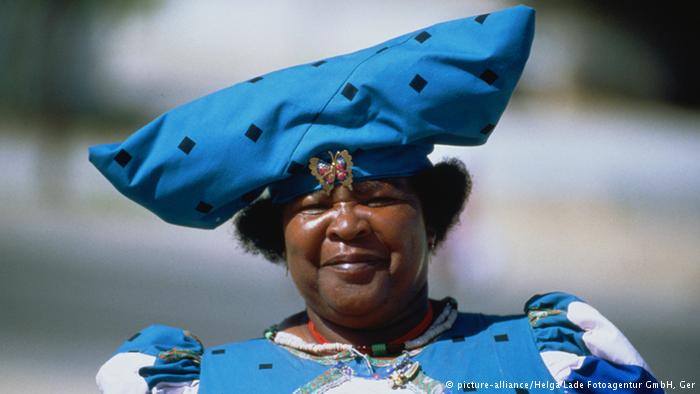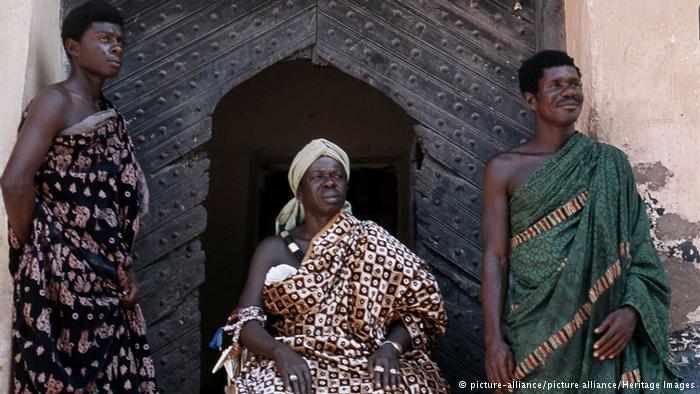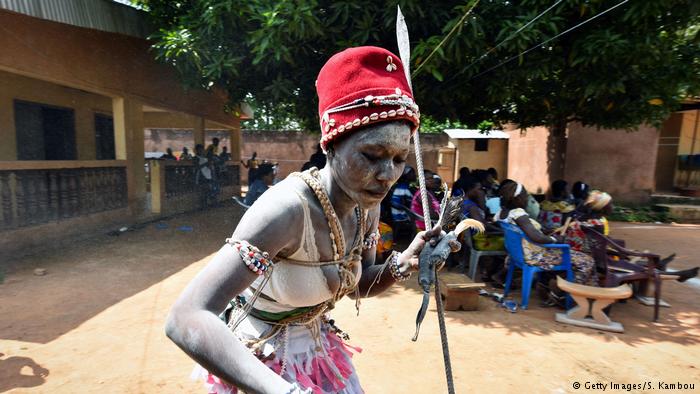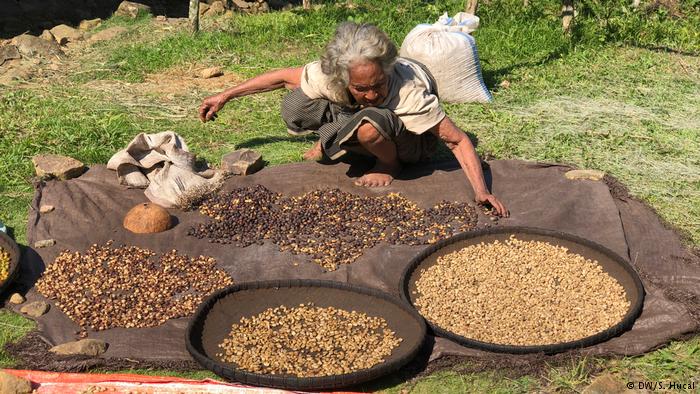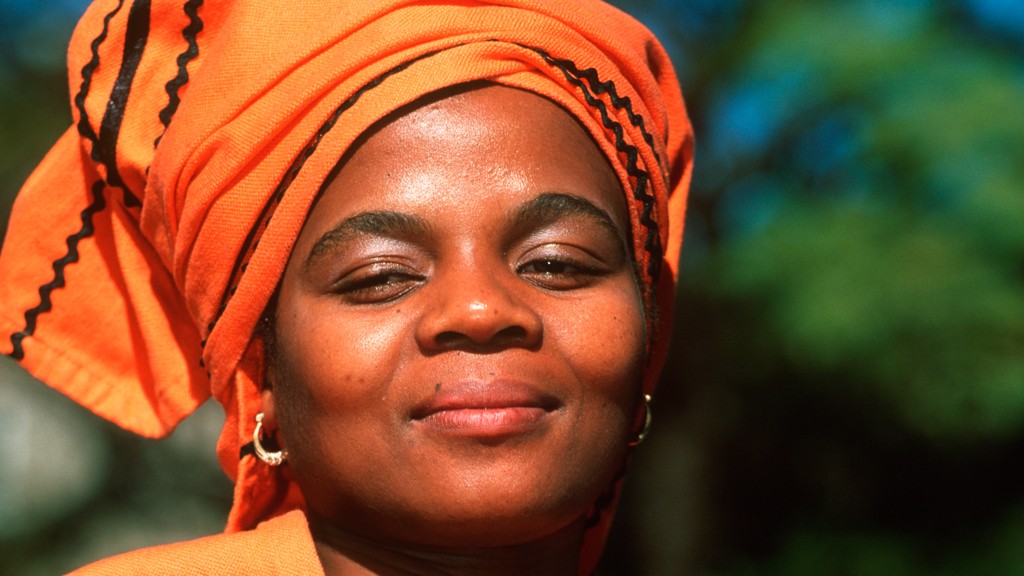Matrilineal Societies in the World
Matrilineality is a societal system in which a person’s descent is traced through their mother or maternal ancestors. In a matrilineal society property, such as land, is handed down from mother to daughter. Owing to this system they sometimes have a unique tradition that cannot be found in a patrilineal society.
Minangkabau
Minangkabau society is the biggest matrilineal society in the world. It is found in the Minangkabau highlands of West Sumatra, Indonesia. Daughters inherit family properties and land from their mothers. In traditional Minangkabau families, descent is traced through the mother and her maternal ancestors. The father is considered a “guest” in the family. Women have rights and power because they control the economy, but the men in the society are the ones responsible for religious and political matters.
Garo
Garo society is found in Meghalaya state, in the northeastern part of India. Garo society is matrilineal but not matriarchal. So women inherit the property – typically the youngest daughter, but men manage it and men also govern society. When a man marries, he stays in his wife’s or his mother-in-law’s house. If the marriage does not work out, they can separate easily because marriage is not binding.
Mosuo
The Mosuo live in southeastern China. They live together as a big family under a female leader who is called “Ah Mi”. Marriage does not exist in this society. A woman only has to come to a man that she likes. The children are brought up by the women, and sometimes the father is not known.
Hopi
The Hopi are one of the tribes of Native American people. According to tradition, Hopi is not only a matrilineal but also matrilocal society. But this Tradition is no longer practiced widely. The children in a Hopi family belong to the mother’s clan. But their names are chosen by the women from the father’s clan when they are 20-days-old. So a child can have many names depending on how many female relatives the father has. In this case the parents choose one of the names to be the child’s name.
Navajo
The Navajo are also one of the Native American tribes. They are not only matrilineal, but also matrilocal. So if a man is married, he becomes a member or his wife’s clan and lives with his wife’s clan. Two people from the same clan cannot marry. The clans are the main structure of the Navajo society where every member has their own responsibility.
Ovambo
The Ovambo are an ethnic group which inhabits Owamboland in northern Namibia as well as the southernmost Angolan province Cunene. The society is led by a chief, and the members of the chief’s family are called “Aakwanekamba.” The position of chief can only be given to a daughter from this family because the Ovambo is a matrilineal society. The sons do not have any rights and are treated like normal family members.
Akan
The Akan live in Ghana. The clan chief is a man. If he dies, the position will be given to the next generation, but the successor has to come from his mother’s family or from the family of his sister. In Akan Society a man has to support not only his family but the family of his wife as well.
Author: Marjory Linardy
Editor: Grahame Lucas
WTO RECOMMENDS
Property passes on to daughters in the Minangkabau society
If we look for news about women on the internet, we find a lot of stories about violence against women and girls. It is said that in some societies women literally do not have any value, for example in the case of the two Dalit girls in Uttar Pradesh, India, who were gang-raped and hanged by men from a higher caste. On the other hand matrilineal societies also exist in this world, and have done so maybe as long as those traditions that discriminate women.
Mirror to society
How do we humans react to different circumstances? These photographs capture moments from the lives of human beings from different countries across the world.
Pakistani civil society demands justice for victims of acid attacks
While civil society in Pakistan demands stricter punishment for the perpetrators of acid attacks, hundreds of women continue to fall victim to the heinous crime of vitriolage.



